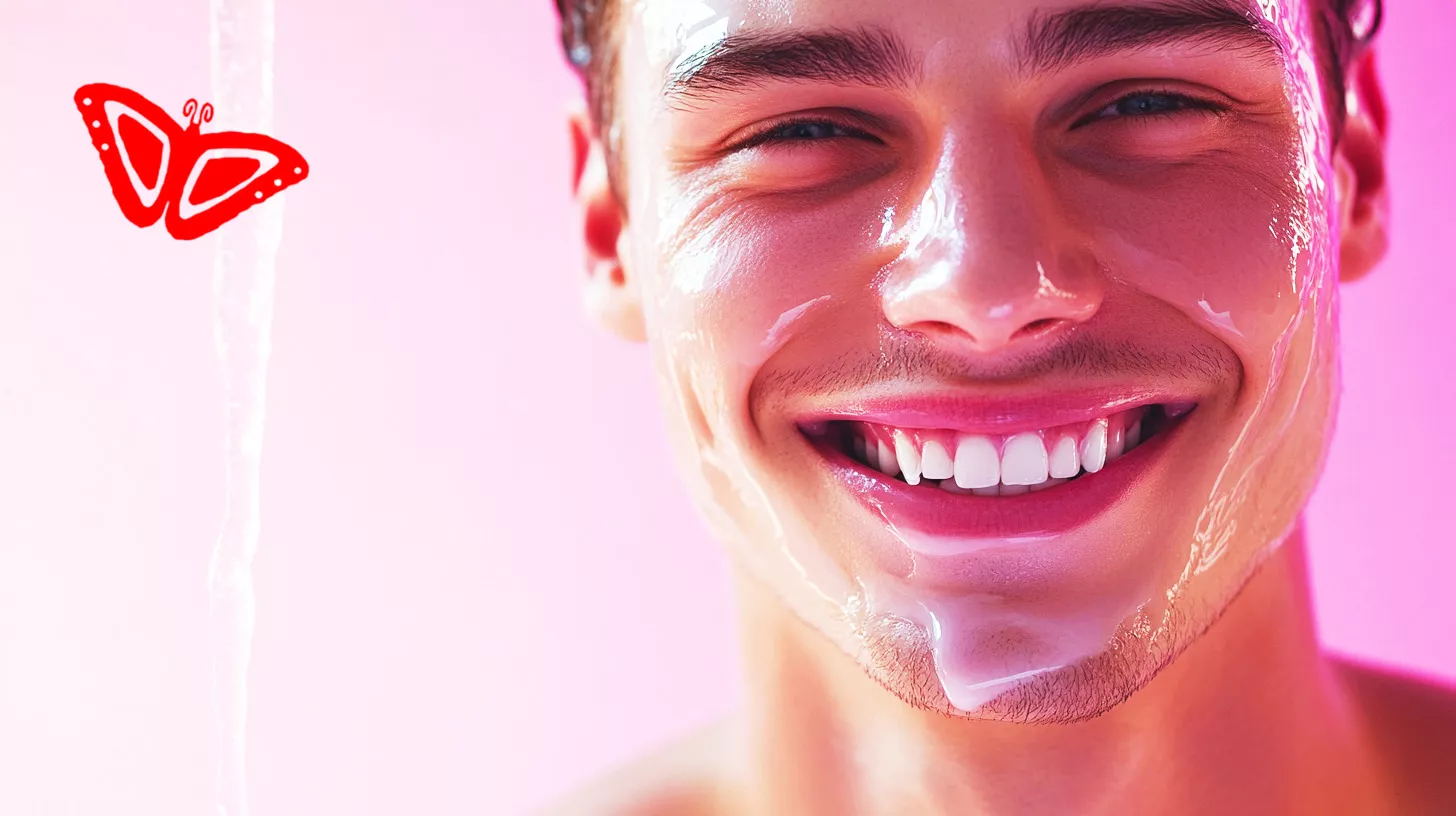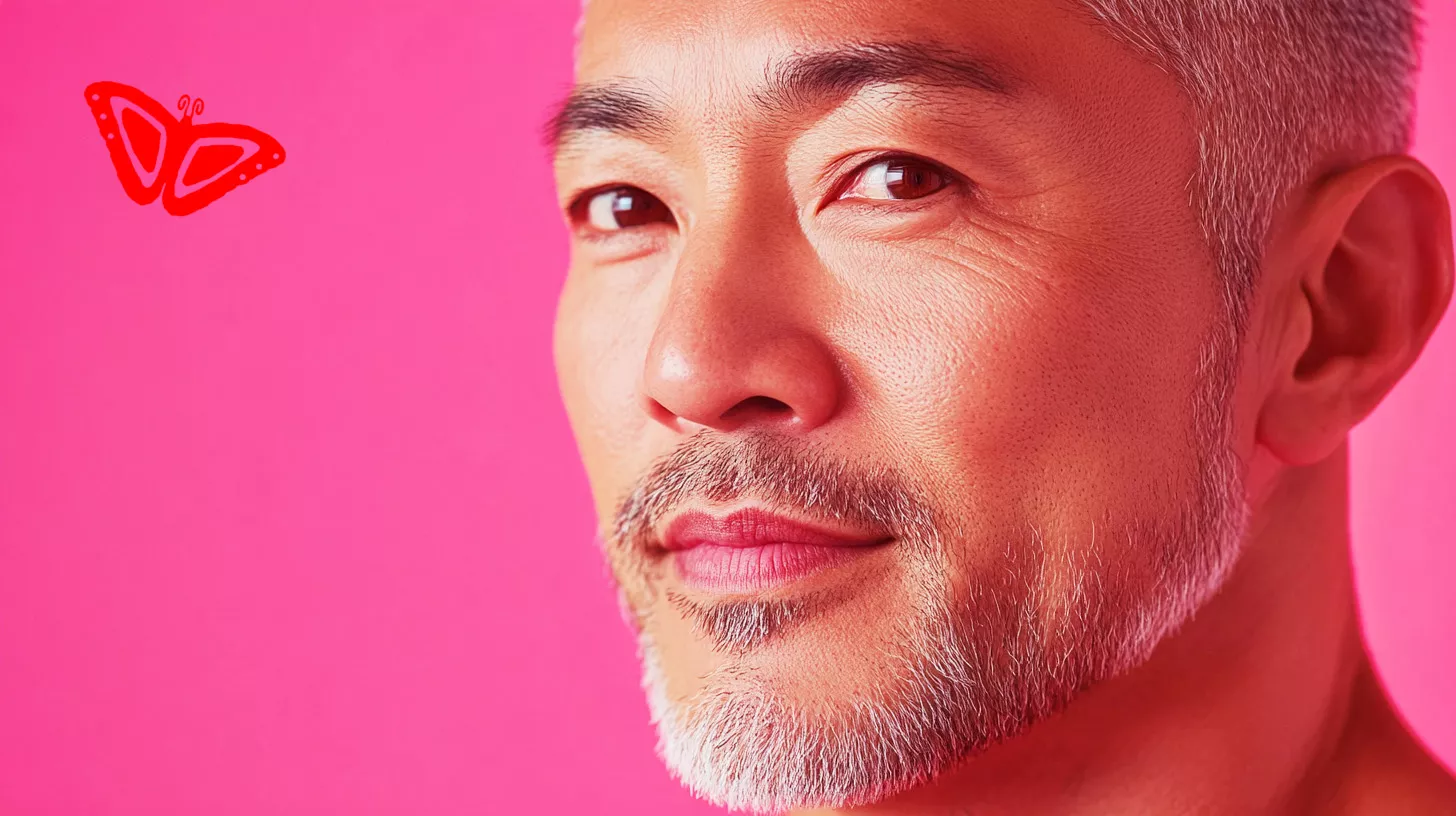
Can I Use Sperm as Sunscreen?
A rather unusual question sometimes pops up in skincare discussions: Can semen be used as sunscreen? Right?!! While some claim it has skincare benefits, there is no scientific proof that semen can protect against harmful UV rays. Let’s dive into why sunscreen is essential, what semen contains, and why it should never replace proper sun protection.
Does Semen Have Any Skin Benefits?
Semen does contain certain nutrients like protein, zinc, and enzymes, leading some to believe it can help with acne or skin hydration. However, scientific evidence is lacking. While it may temporarily moisturize the skin, it does not provide meaningful long-term benefits. More importantly, using or consuming semen carries potential risks, including allergic reactions and exposure to sexually transmitted infections (STIs).
Why Sunscreen Is a Must
Sunscreen is specially formulated to shield the skin from harmful ultraviolet (UV) rays, which can cause sunburn, premature aging, and even skin cancer. Effective sunscreens contain ingredients like zinc oxide, titanium dioxide, and chemical UV filters, which either block or absorb UV rays to prevent damage.
What’s in Semen?
Semen is made up of sperm cells, proteins, enzymes, vitamins (such as zinc and vitamin C), and fructose. While some of these components contribute to temporary skin hydration, they do not offer UV protection. There is no scientific basis to suggest that semen has any sun-blocking properties.
Why Semen Is NOT a Sunscreen Replacement
- No UV Protection: Unlike commercial sunscreens, semen lacks UV-blocking ingredients.
- Risk of Skin Irritation: Some people may experience allergic reactions, irritation, or breakouts due to proteins and enzymes in semen.
- Temporary Effects: While it may feel moisturizing for a short time, semen does not provide long-term skin benefits or act as a protective barrier.
- Hygiene Concerns: Applying bodily fluids to the skin, especially in public settings, raises concerns about cleanliness and potential bacterial exposure.
The Right Way to Protect Your Skin
Instead of relying on skincare myths, invest in a high-quality, broad-spectrum sunscreen with SPF 30 or higher. In Thailand, where the sun is particularly intense, dermatologists recommend SPF 50+++. To further protect your skin:
- Apply sunscreen daily and reapply every 2 hours when outdoors.
- Wear protective clothing, including hats and sunglasses.
- Seek shade during peak sun hours (10 AM – 4 PM).
Does Semen Help with Acne?
There’s a belief that spermine, an antioxidant and anti-inflammatory compound found in semen, may help with acne. However, no scientific evidence supports semen as an effective acne treatment. If you’re struggling with breakouts, proven treatments like salicylic acid, benzoyl peroxide, or retinoids are much better options.
Prioritize Your Sexual Health
At PULSE Clinic, they are dedicated to protecting your overall health, including your sexual well-being. They offer:
- Confidential Testing: Early detection with rapid HIV tests, PCR screenings, and more.
- Accessible Treatment: Personalized antiretroviral therapy (ART) for those living with HIV.
- Prevention Strategies: PrEP (Pre-Exposure Prophylaxis) and PEP (Post-Exposure Prophylaxis) to reduce the risk of HIV transmission.
- Holistic Support: Mental health counseling, sexual health education, and a non-judgmental space for all.
HIV Prevention Matters
Protecting yourself from HIV is essential. The best prevention methods include:
- Condoms: A highly effective way to prevent HIV and other STIs.
- PrEP: A daily medication that significantly reduces the risk of contracting HIV for those at high risk.
- Regular Testing: Knowing your status helps you make informed decisions about your health.
Summary
Using semen as sunscreen is neither effective nor recommended. While it may have minor skin-nourishing properties, it simply does not protect against sun damage. For healthy, youthful skin, follow expert-backed sun protection methods and leave the myths behind!
 Nootsara B.
Nootsara B.


